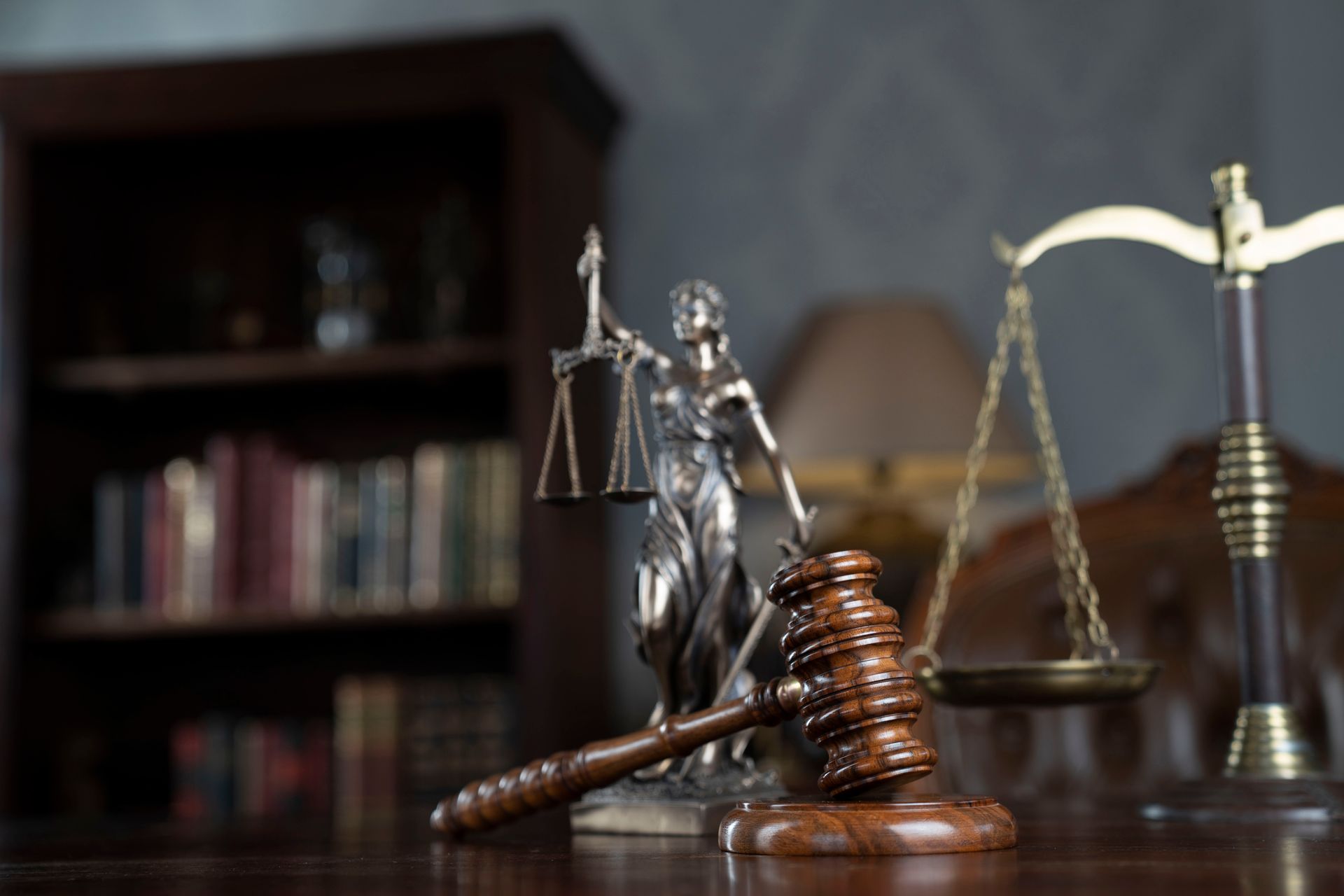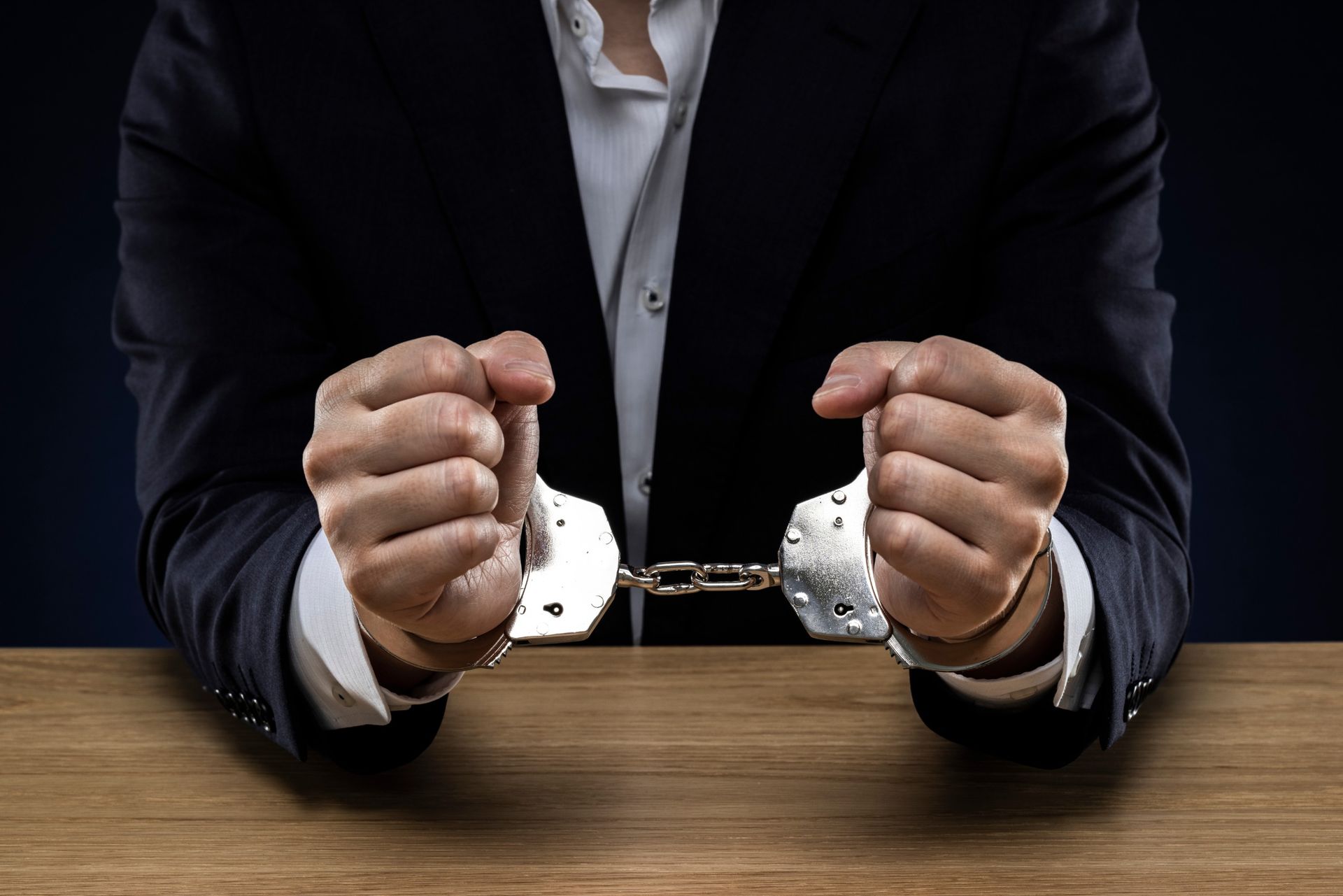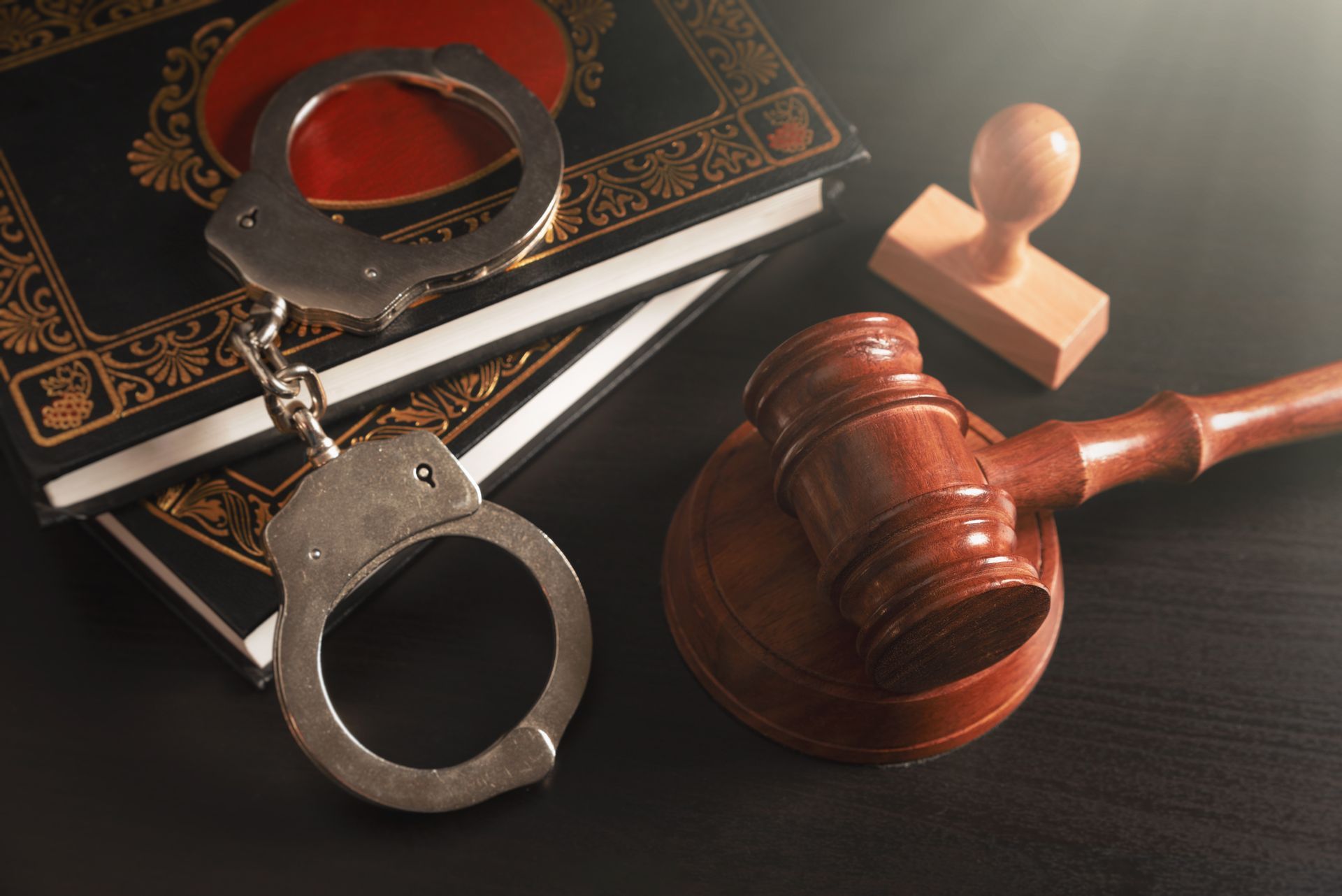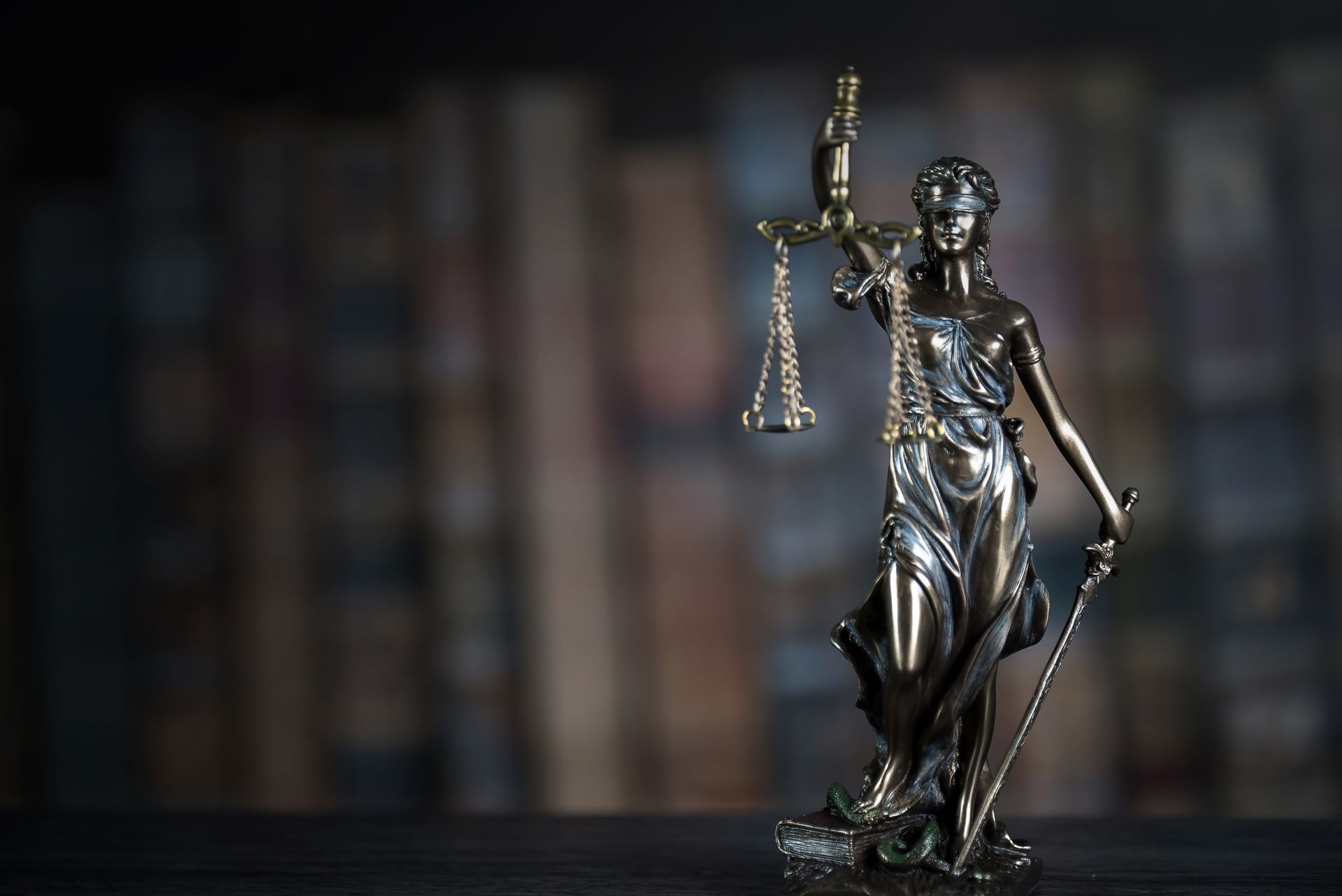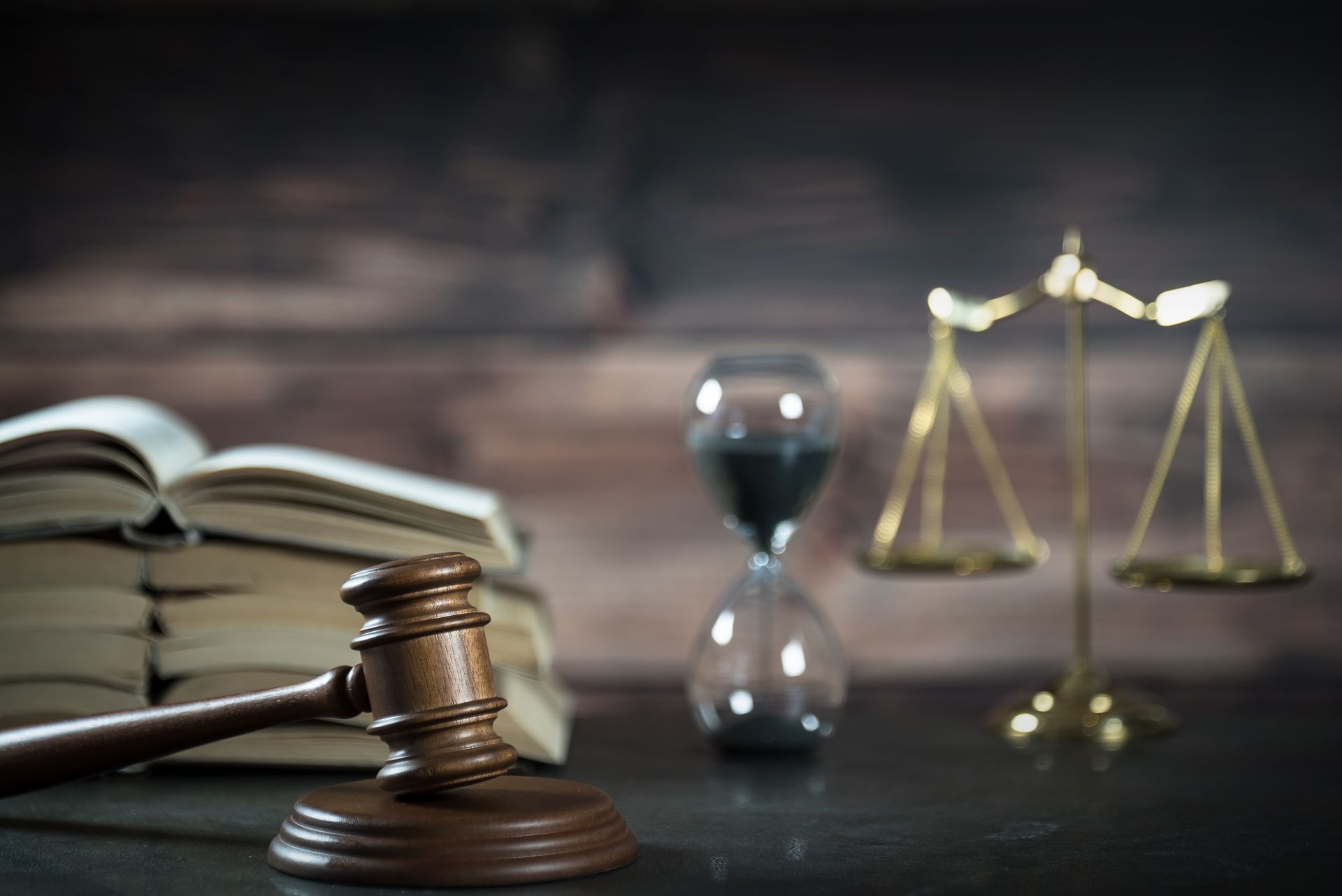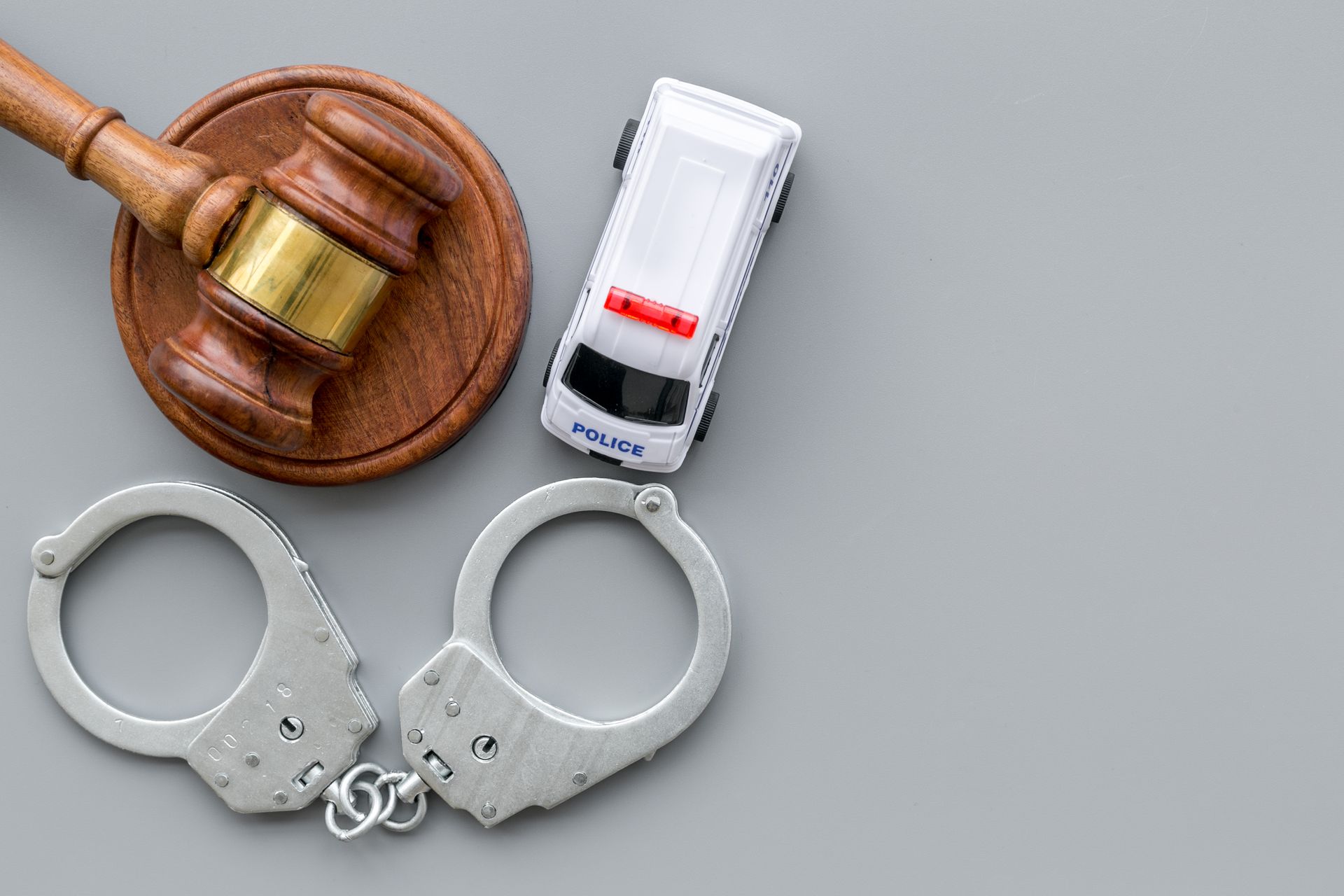What to Expect if You've Been Caught with Drugs but Not Charged
Getting caught with drugs in Florida can be a frightening experience, especially if you are not familiar with the legal system. You may have been stopped by the police and searched, or the drugs may have been discovered during a search warrant executed on your home or vehicle. Whatever the circumstances, it’s important to understand what might happen if you have been caught with drugs but have not been charged with a crime. This blog post will explore what you can expect if you find yourself in this situation.
Section 1: How long do the police have to file charges?
If you have been caught with drugs but not been charged with a crime, you may wonder how long the police have to file charges against you. In Florida, the statute of limitations for drug possession is three years. This means that the police have three years from the date when the drugs were discovered to file charges against you. However, if the drugs were discovered during a traffic stop or at a checkpoint, the statute of limitations may be shorter. It’s important to consult with an attorney to understand your rights and potential outcomes.
Section 2: How does the law define drug possession?
Under Florida law, drug possession is defined as having any amount of a controlled substance on your person or within your control. This can include illegal drugs such as cocaine, heroin, or methamphetamine, as well as prescription drugs for which you do not have a valid prescription. If the police find drugs in your car, home, or on your person, they can charge you with possession. However, if the drugs belong to someone else or were planted on you, it may be possible to defend against the charges with the help of an experienced attorney.
Section 3: What are the potential consequences of drug possession?
If you are charged with drug possession in Florida, the consequences can vary depending on the type and quantity of drugs involved, as well as your criminal history. For example, a first-time offender caught with a small amount of marijuana may face fines, probation, or a short jail sentence. However, someone caught with a larger quantity of drugs or with prior convictions may face significant prison time. In addition to criminal penalties, a drug conviction can also have other consequences, such as difficulty finding employment, obtaining housing, or qualifying for financial aid.
Section 4: How can an attorney help me?
If you have been caught with drugs but not charged with a crime, or if you have been charged with drug possession, it’s essential to seek the advice of an experienced criminal defense attorney. A good attorney can review the facts of your case, advise you on your legal options, and work to obtain the best possible outcome in your situation. They can help you navigate the legal system, negotiate with the prosecutor, and represent you in court if necessary. With the help of a skilled attorney, you may be able to avoid or minimize the consequences of a drug possession charge.
Getting caught with drugs can be a stressful and confusing experience, but it’s important to remember that you have rights and options under the law. If you have been caught with drugs but not charged with a crime, or if you have been charged with drug possession, it’s critical to seek the advice and guidance of an experienced criminal defense attorney. They can help you understand the charges, develop a legal strategy, and work to ensure the best possible outcome for your case. By taking the time to understand the legal system and your rights under the law, you can protect yourself and your future.
